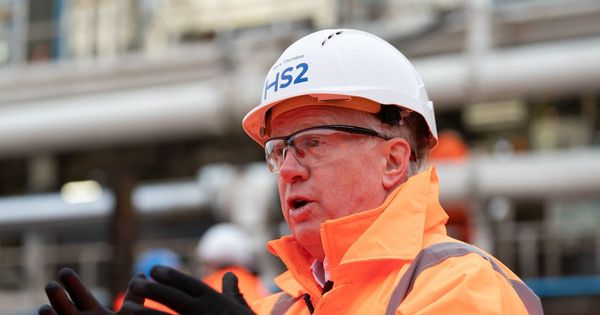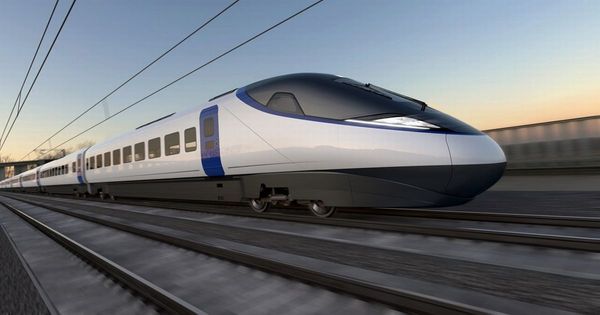
Rishi Sunak has now conceded public sector workers the sum he was told to pay them by their independent review boards last year, an average rise of 6%. Had he done so then, we might have avoided six months of debilitating strikes in education, health and other public services. Last year he said he could not afford it. He still says that, demanding that the shortfall of £5bn over two years must come from departmental budgets.
The cost of the strikes will never be known. But a further cost will come from departments hacking away at their spending over the next two years, when we assume another buffeting will take place. That is the price of holding back government borrowing, keeping down taxes and fighting inflation. Given how poorly Britain is faring compared with other G7 countries, I remain unconvinced that this sort of austerity is truly the way back to growth.
The reality is that every government finds stacks of money to pay for things it likes, often things involving its own prestige. In 2012 it found nearly £9bn for the Olympics – claiming blandly that they were “worth it”. It now claims to have at least £7bn spare to restore the Palace of Westminster. This week it sent to sea a huge ship, the Queen Elizabeth, that is to lead a “carrier strike group” forming a “backbone” of Indo-Pacific security. This barmy bit of neo-imperialism has nothing to do with the British national security. Boris Johnson merely sent them round the world to show post-Brexit Britain still “meant something”. The two new aircraft carriers cost £6bn just to get into the water.
Meanwhile, when Sunak was Johnson’s chancellor he approved a prestige rail project that made the Olympics and aircraft carriers look like small change. The new railway, once supposedly to the north of England, is costing £5bn a year and may not reach completion until 2040, when at the last count it will have cost £98bn.
I wonder how many health workers calculated that for every week since they began their strike, Sunak had spent £10m trying to get half an hour off a premium rail trip to Birmingham. The project is in chaos. Though taxpayer funded, sections of its board papers are redacted. Last week the HS2 chief executive resigned from his £620,000-a-year role, to be replaced by its seventh chairman and now acting boss, Sir Jon Thompson. Thompson was permanent secretary at the defence ministry and is, we assume, an experienced curator of white elephants.
His railway remains beset by funding fiascos, the latest being a caustic report from the National Audit Office into the collapse of another plan for Euston. In March it emerged that the £2.6bn to be spent on this single station had almost doubled to £4.8bn, leading to the entire Euston arm being put on pause. Following the earlier abandonments of HS2’s link to HS1, of the Yorkshire arm and now the “postponement” of the Manchester arm, this train has reduced to no more than a shuttle service between an off-centre terminal at Birmingham and East Acton.
Sunak is sustaining the biggest capital project in all Europe. It is the most costly railway per mile, the most unnecessary and the silliest – not linking with the continent or the north. Its saga conflates all that is rotten in modern British government: metropolitanism, political prestige, vulnerability to lobbying and the loss of creative collaboration between politicians and Whitehall.
Few feel it their job to challenge HS2. Both Labour and Tories are embarrassed by having backed it. The northern mayors, dazzled by this dud back in the 2000s, continue to support it. They seem ready to do so into the distant future, even though it does not benefit them and their local trains grow ever worse to pay for it. If they had guts they would plead for local metros instead. As it is, any other rail investment is bound to suffer from Sunak’s cuts.
At the root of this fiasco is the economic ideology that says “investment always good” against “current spending always bad”. Anything government builds, of concrete or metal, glass or stone, anything that flies or floats, is somehow sacred. Yet anything spent on people is seen as money wasted.
I regard a well-taught child, a healed patient and a safer city as an “investment” in the future every bit as worthwhile as a glamorous train or a fleet of warships. But I bet Sunak will cut them first.
Simon Jenkins is a Guardian columnist










